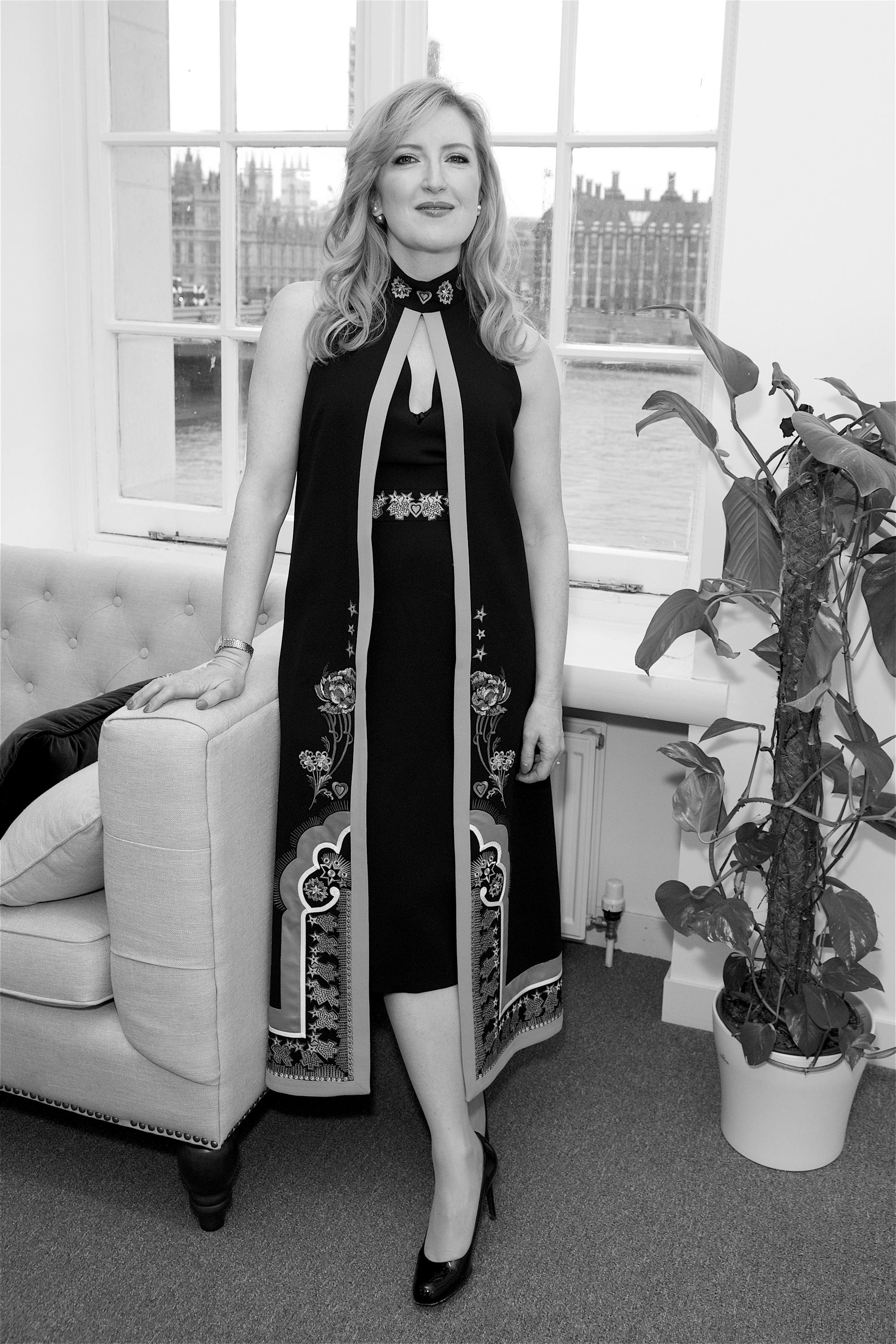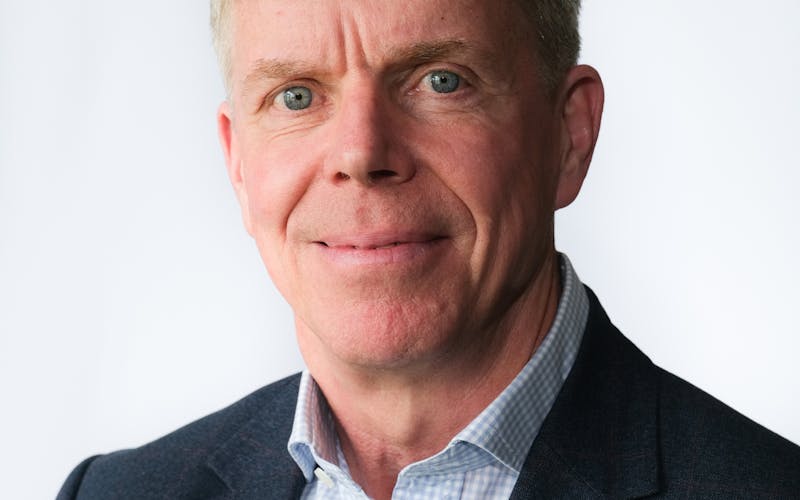

for Walpole members and
non-members available now
at The Londoner



Everyone has their bucket list. For some people it’s visiting Machu Picchu or Angkor Wat; mine is reading the big novels. Books, particularly those one might refer to as ‘the classics’, are my luxury. Obviously, it’s partly about being an incorrigible show-off and wanting to be able to nod sagely whenever anyone mentions Proust’s Madeleines, or stick my hand up to a question about Odysseus and the Sirens at a pub quiz, but mostly, it’s about an escape route from the demands of every day life. Fiction is not the opposite of fact. Fiction is a glorious, hypothetical, imagined reality. Open the pages and you’re instantly immersed in the lives of others – I’ve never fallen madly in doomed love with a Russian cavalry officer, but Anna Karenina made it as vivid to me as if I had, and warned me against it lest I, too, wanted to end up underneath a train. Nor have I drunk champagne from glasses ‘bigger than finger-bowls’ at a party where ‘lights grow brighter as the earth lurches away from the sun, and now the orchestra is playing yellow cocktail music’ but Fitzgerald turned me into that girl in ‘trembling opal’ at one of Gatsby’s parties. It’s not only about going on a holiday in someone else’s world, books are good for you – a University of Sussex study showed reading fiction was a better stress-buster than yoga – just six minutes with a novel reduces stress levels by 68%. Novels also improve our ability to empathise – neuroscientists at Emory University in the US found that losing oneself in a story ‘enhances connectivity in the brain and improves brain function’. It also noted that fiction improves our ability to put oneself in someone else’s shoes and flex the imagination in a way that’s similar to visualisation of a muscle memory in sports. With benefits like these, perhaps I should reposition my passion for reading as a necessity – like exercise or work or eating vegetables - not a luxury.
Anyway. This year’s ‘big book’ was going to be Middlemarch. Virginia Woolf described it as “one of the few English novels written for grown-up people”. It came top in a BBC poll of Britain’s Greatest Novels. Martin Amis, Julian Barnes and Zadie Smith are amongst the authors who think of it as possibly the greatest novel in English. I feel rather ashamed to have never read it. The second-hand copy I bought in Norwich as an undergrad has been glowering reproachfully at me from the bookshelf ever since, its broken spine and dishevelled pages quietly corroborating the lies I have told about how much I love it. Since I’m old enough to be one of the ‘grown-up people’, ticking the great work off that bucket list was long overdue. I picked a copy up at New Year only for it to languish on my bedside table under a tower of other unread books. I tried again after listening to Melvyn Bragg discuss it on ‘In Our Time’ in April and got as far as page twenty five. After a while, I began to realise it wasn’t only Middlemarch I was struggling with – the kind of sustained concentration a challenging book requires has been hard to come by this year.
The side effect of trying to do a really good job for Walpole is that I’m constantly glued to my iPhone. I read The Times and The Guardian and some of the FT and the Walpole Daily Digest and Business of Fashion as soon as I wake up, I try to stay on top of emails whilst also out at meetings (not always easy – on a good day there will be fewer than a hundred, but on a very busy day there might be three or four times that), and the ambitious digital content programme we’ve initiated over the last 12 months means I skim, graze and binge vast amounts of digital data. That’s without Whatsapp, shopping apps or my Instagram habit – apparently even an average Instagram user will scroll through 1.3km of feed a day. I seem to have given myself iPhone Tourette’s and can’t even make a cup of tea without breaking off to check the phone to see if anything has happened. Trying to write a document or something that needs my full attention without interruption has become near impossible. Has it made me more efficient or effective? I don’t think so, and according to neuroscientist, Dr Tara Swart, I’m not alone: “…people check their phones up to 160 times a day; we are constantly switched on and our brains are overloaded with information. In the brain, this means we are constantly multi-tasking which means we are doing everything less well than we could if we focused on one task at a time”. What’s more, Nicholas Carr, writing in ‘The Shallows, How the internet is changing the way we think, read and remember’ believes that, because our neural pathways are plastic and not hard-wired, this constant checking physically changes the brain; “What we’re trading away in return for the riches of the Net – and only a curmudgeon would refuse to see the riches – is what Karp calls “our old linear thought process”. Calm, focused, undistracted, the linear mind is being pushed aside by a new kind of mind that wants and needs to take in and dole out information in short, disjointed, often overlapping bursts – the faster, the better”.
Is my inability to crack through Middlemarch a warning sign that I need to pay attention to what Julia Hobsbawm, in her book Fully Connected, calls ‘social health’? Do I need to put better boundaries around my digital consumption in order to preserve my ‘old linear thought process’ and to be able to switch between superficial speed reading and sustained bursts of concentration on more challenging material. It seems to me important to retain the ability to do both – when leading any kind of organisation, a not for profit like Walpole or a multinational behemoth, you need the mental agility to be able to skim information in pursuit of a quick response as well as the ability to think deeply and strategically about challenges and opportunities in order to provide strong leadership and direction. Over the last year and a half I’ve learned I perform much better at Walpole if I’m physically fit – mens sana in corpore sano and all that – it’s funny how dead lifting 70kg makes you feel equal to any amount of heavy lifting at work. I’d never miss a gym session, so why don’t I apply the same principles to working out my brain. Instead I’ve allowed a creeping iPhone addition do to my grey matter what a supersized McDonald’s diet did to Morgan Spurlock’s body.
It’s high time I retrained my brain. I’m off on holiday for a fortnight and for the first time in more than a decade, I’m leaving the phone behind. I will be Out of Office in mind as well as body. I’m rather terrified of going cold turkey with a full digital detox will be like (will I be bribing my children to let me use their iPhones?), but I know it will make me a better boss if I do. By the time you see me again at the beginning of August, I will be feeling refreshed, revived and rested with regenerated neural pathways. I may return with a permanently healthier relationship with my phone, or I may fall upon it like a long-lost lover and get addicted all over again. But I am taking Middlemarch on holiday, and by God, I’m going to read it.
Helen Brocklebank is away until 30th July. For all Walpole enquiries, please contact Charlotte Keesing.






